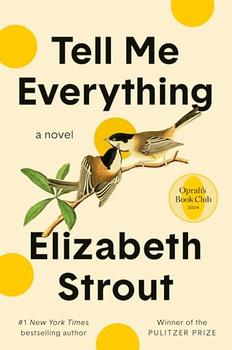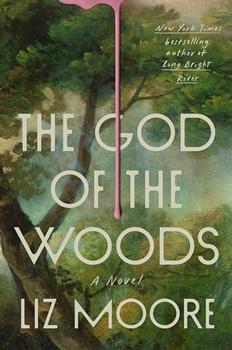(12/19/2023)
If you've ever read Michael Crummey's novels, you know you can expect a few things: a dark, ambiance-rich Newfoundland setting, quirky and superbly crafted characters, and stunningly written prose. In The Adversary, he outdoes himself. This is his best book yet.
Set in a small fishing village called Mockbeggar in the 18th century, there are really three adversaries here. One is Abe Strapp, a thoroughly immoral and corrupt dispenser of justice (who strongly resembles a certain political figure, which I believe is deliberate). The other: Abe's older sister, the Widow Caines, a Quaker who is distinguished by her pipe and the donning of her dead husband's clothing, her pet crow, and her sharp tongue. To say they despise each other is putting it mildly. The third person, The Anglican, holier-than-thou Beadle, who has yoked himself to Abe Strapp.
Don't expect any "likable" characters or redemption here. This is a series of offenses and counter-offenses, with vindictive and yet riveting characters, determined to triumph in controlling Caines Mercantile, uncaring about the wreckage they leave in their wake.
The novel has plenty to keep readers glued to the page: a sibling relationship that gives new meaning to dysfunction, invading marauders, Abe's depraved brothel, scalding, amputations, public whippings, devastating storms, hypocritical religious leaders, a pandemic, and more. Yes, it's a dark tale that focuses on corruption and ruthlessness. But Michael Crummey knows how to milk some of the scenes for entertainment. Think of the old evening soap opera Dallas. You get this: villainous characters who fascinate and repel the reader. It is also a cautionary tale on power dynamics, relevant for today.
I loved this novel and couldn't tear myself away from it. I thank BookBrowse, Doubleday, and NetGalley for enabling me to be an early reader in exchange for an honest review.



